Trains, tired transformations, talkings and translucent trees. You find so many holes in time when you move faster than your two legs can transport you.
Creative, exploratory learning requires peers currently puzzled about the same terms or problems. Large universities make the futile attempt to match them by multiplying their courses, and they generally fail since they are bound to curriculum, course structure, and bureaucratic administration. In schools, including universities, most resources are spent to purchase the time and motivation of a limited number of people to take up predetermined problems in a ritually defined setting. The most radical alternative to school would be a network or service which gave each man the same opportunity to share his current concern with others motivated by the same concern.
Ivan Illich
Whether in the heart of the city or in the thick of the wilderness, our indigenous soul stirs and comes awake whenever we find ourselves thinking in storied form, and so the buildings lean towards us and the trees in the backyard begin to speak in low, groaning tones as the trunks rub against one another. If we are thinking in literate, logical terms then these tones are not voices, but when we’re thinking in stories then they are indeed a kind of speaking, for to the oral imagination every entity has its eloquence, and so our muscled flesh can’t avoid the sense that those sounds are filled with expressive meaning, as even the few clouds and the clustered rocks are alive with felt meanings, though we can hardly translate that meaning into words. The breeze is an elixir carrying the green chemistry of the needles up through the double arch of our nostrils to burst as a steady tang on the moist membranes inside, while the autumn blue of the sky, as it filters through the branches, is itself a kind of wine casting a giddy charm upon our limbs, making us crouch and leap with pleasure. This whole terrain is talking to our animal body; our actions are the steady reply.
David Abram
Poesi, i kroppen: Et stædigt forsøg
på at bevare en vis følsomhed
et åbent forhold
over for Verden
selv som voksen
Dan Turell
Narrative accrual is not foundational in the scientist’s sense. Yet narratives do accrue, and, as anthropologists insist, the accruals eventually create something variously called a “culture” or a “history” or, more loosely, a “tradition”. Even our own homely accounts of happenings in our own lives are eventually converted into more or less coherent autobiographies centered around a Self acting more or less purposefully in a social world […] What creates a culture, surely, must be a “local” capacity for accruing stories of happenings of the past into some sort of diachronic structure that permits a continuity into the present – in short, to construct a history, a tradition, a legal system, instruments assuring historical continuity if not legitimacy.
Jerome Bruner
The social machine of capitalism (competitive private ownership, wage labour and the growth economy) is serviced by its human parts. It has functioned in this manner so far but can also collapse if it cannot make appropriate changes in a new situation – like a car engine that works well when the car is on the road but seizes up when the car is driven into a lake. The detailed content for this analysis is the understanding of the roots of the current environmental crisis from the perspective of political economy. In capitalism, firms compete to make profits or are abandoned by their shareholders. Technological efficiency gives a competitive edge and produces growth as the outcome. Every individual company and nation is economically compelled to externalise the costs of environmental side effects in order to stay in the capitalist game. Workers are also consumers, voters and, through their superannuation, shareholders. Because capitalism requires that people have employment to live adequately, the public are motivated to vote for parties that increase growth and maintain employment levels.
As workers whose daily lives are dominated by hierarchical work discipline, citizens cherish their increasing remuneration and its associated consumer spending as compensation for their ‘alienated labour’. That makes them unlikely allies for any kind of environmentalist plan that might threaten jobs, raise taxes or reduce consumer spending, all of which seem certain to be necessary to restructure energy and transport to avoid global warming – at least if we are intending to make these changes within the context of a capitalist economy. According to political economy, the error of ‘Ecological Modernisation’ theory is that it envisages the voluntaristic suspension of one aspect of this social machine – the externalisation of environmental costs – while other aspects of the social machine that produce this effect stay in place – for example, competitive private ownership and alienated labour. Within our analysis, Ecological Modernisation is a theory of what might ideally happen, but the pattern of events so far suggests the greater relevance of another view.
Terry Leahy, Vanessa Bowden and Steven Threadgold
‘This artificially invented grammar of the languages of today, which the younger generation everywhere is now compelled to learn, is in my opinion one of the fundamental causes of the fact that, among contemporary European people, only one of the three independent data necessary for obtaining a sane human mind has developed – namely, their so-called thought, which tends to predominate in their individuality; whereas without feeling and instinct, as every man with a normal reason must know, the real understanding accessible to man cannot be formed.
‘To sum up everything that has been said about the literature of our times, I cannot find better words to describe it than the expression “it has no soul”.
‘Contemporary civilization has destroyed the soul of literature, as of everything else to which it has turned its gracious attention.
‘I have all the more grounds for criticizing so mercilessly this result of modern civilization, since according to the most reliable historical data which have come down to us from remote antiquity we have definite information that the literature of former civilizations had indeed a great deal to assist the development of the mind of man; and the results of this development, transmitted from generation to generation, could still be felt even centuries later.
Gurdjieff
And when I came back home I found that the world had changed.

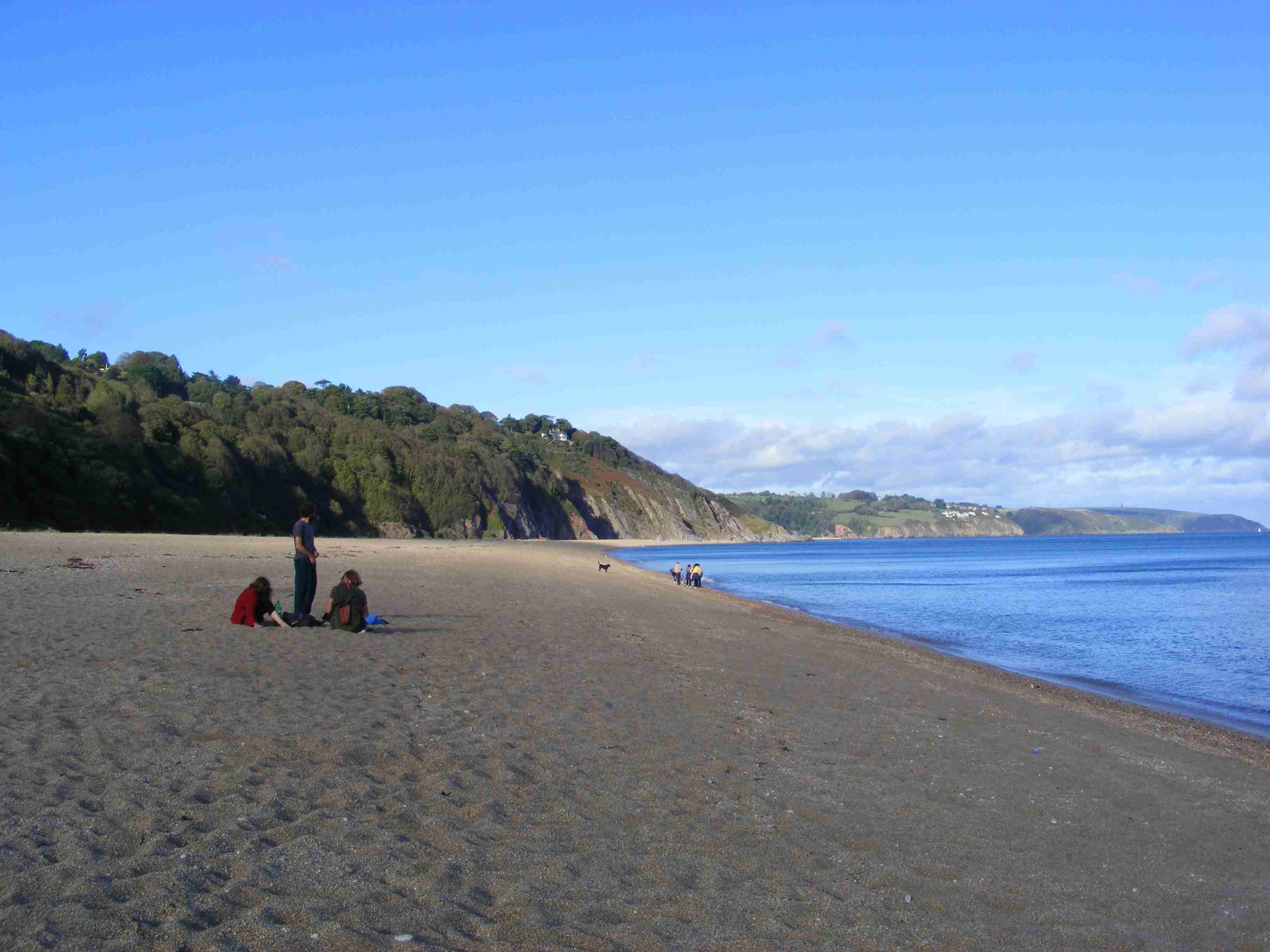
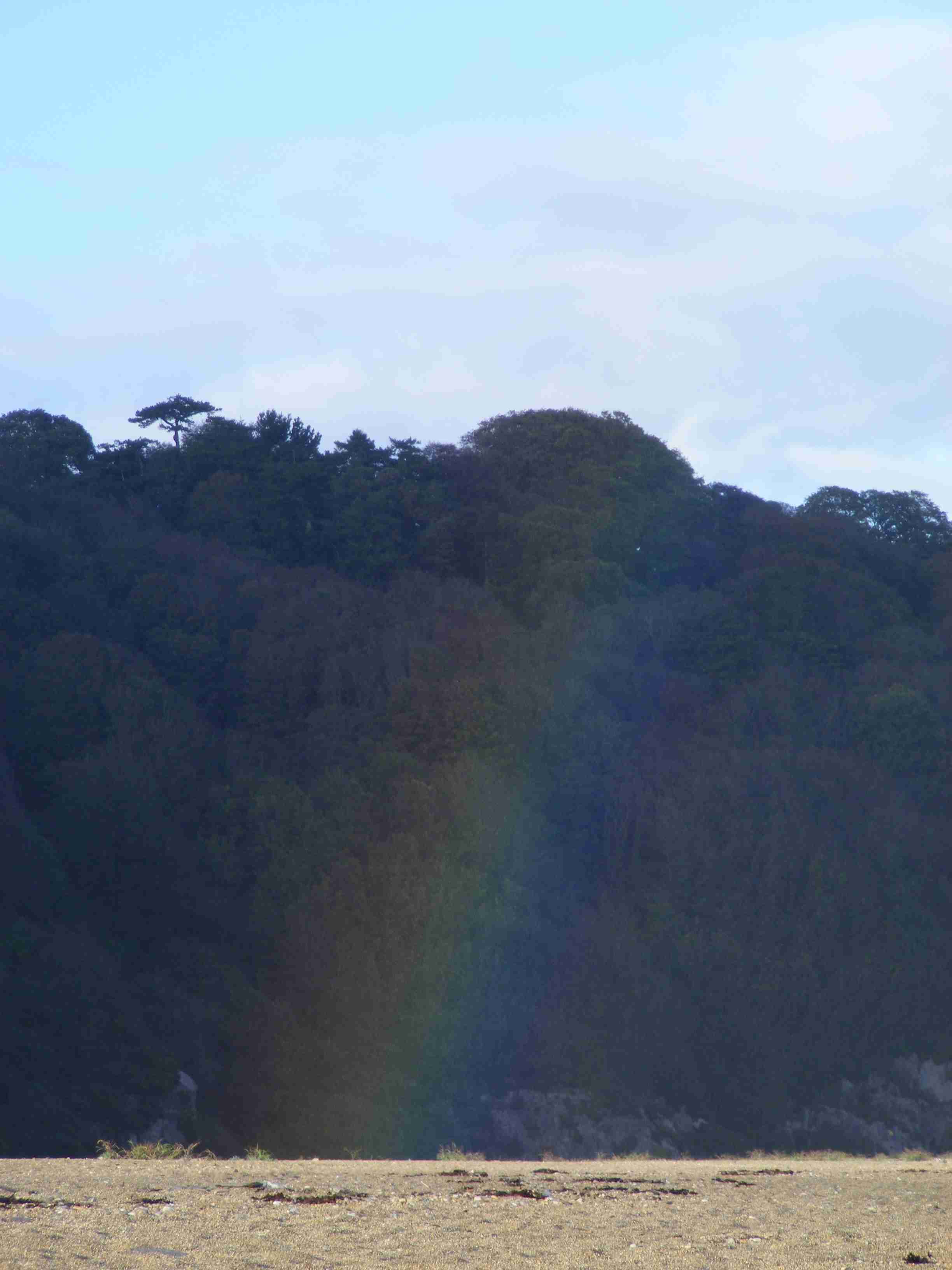
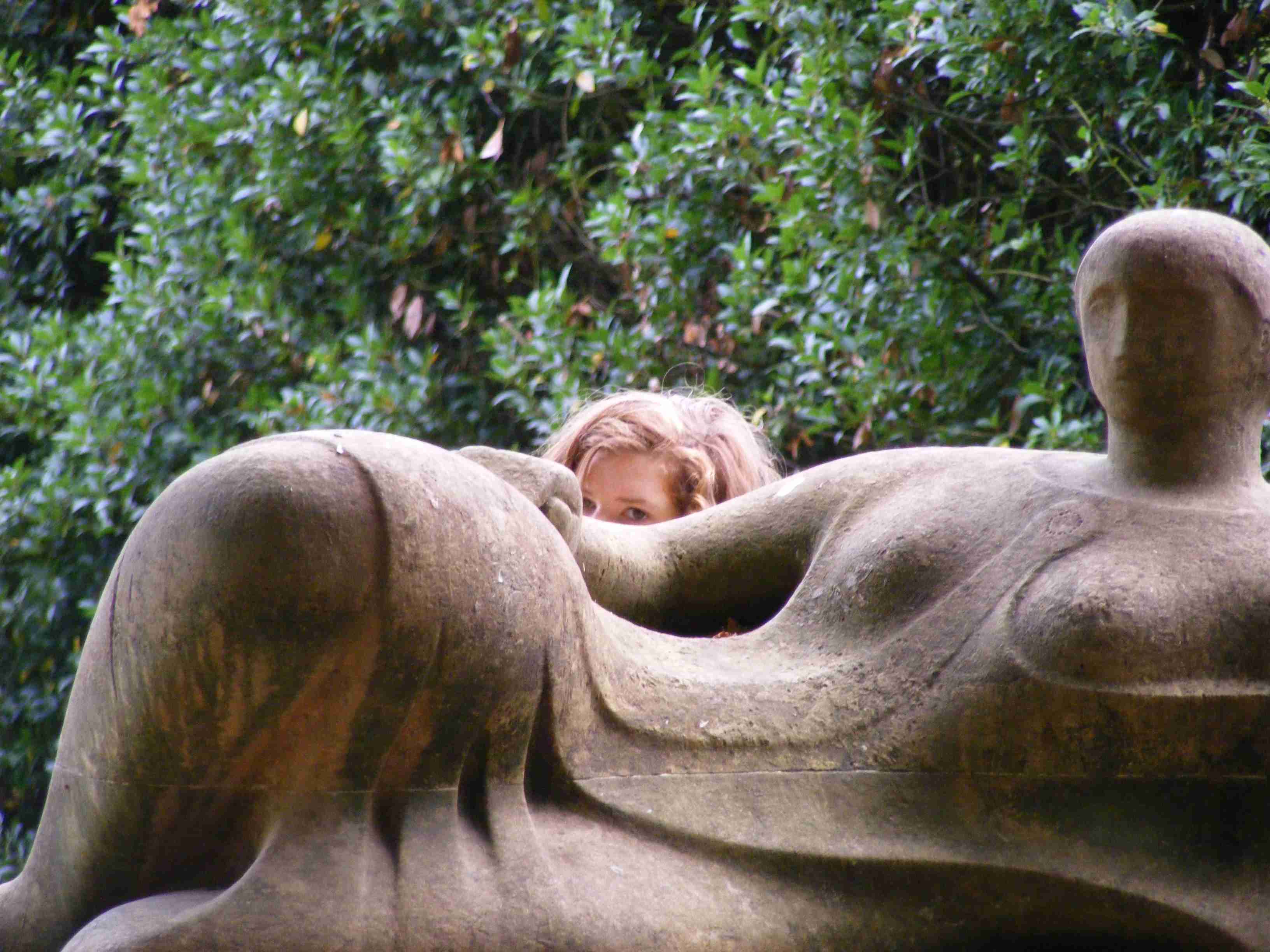
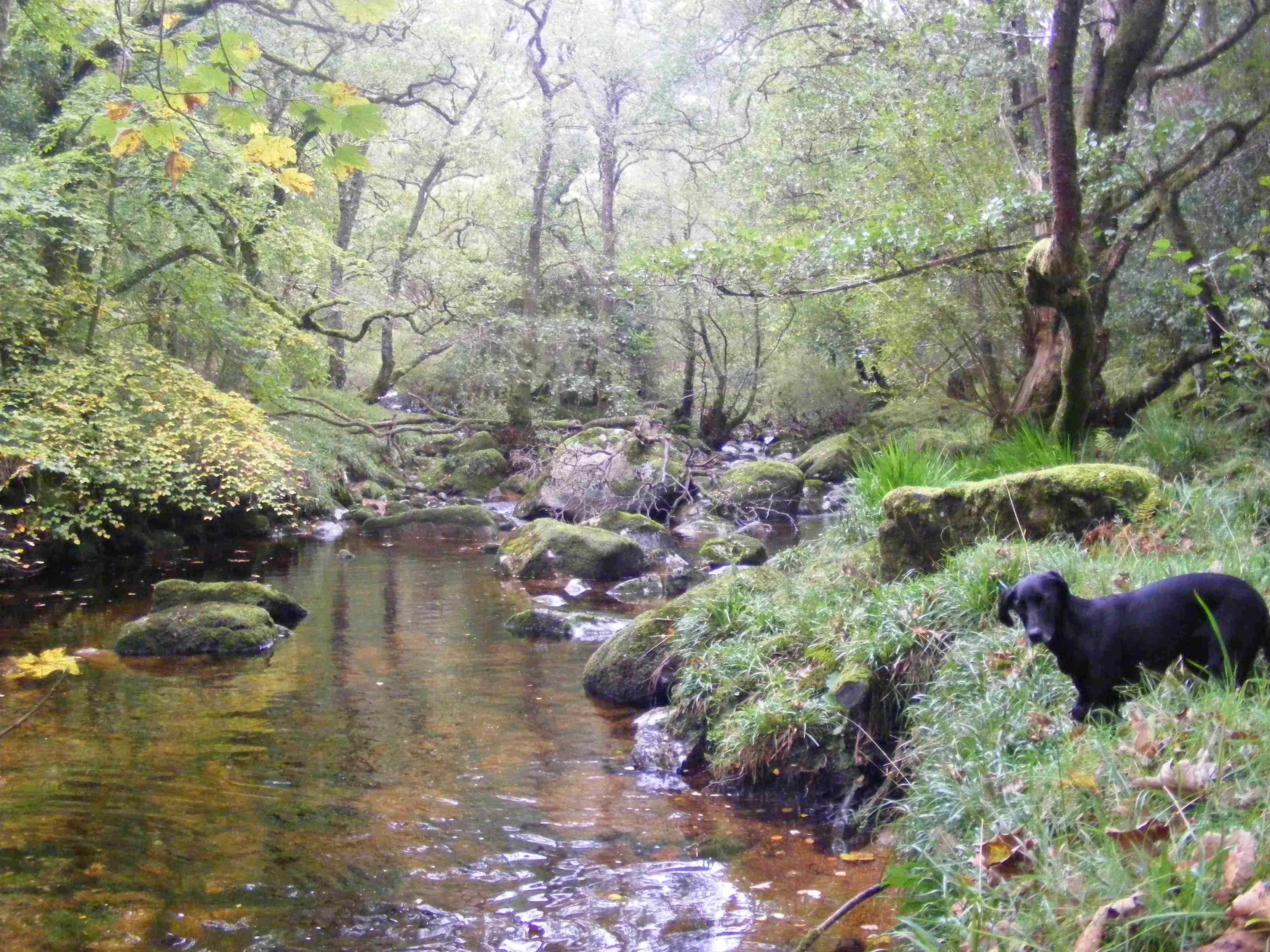
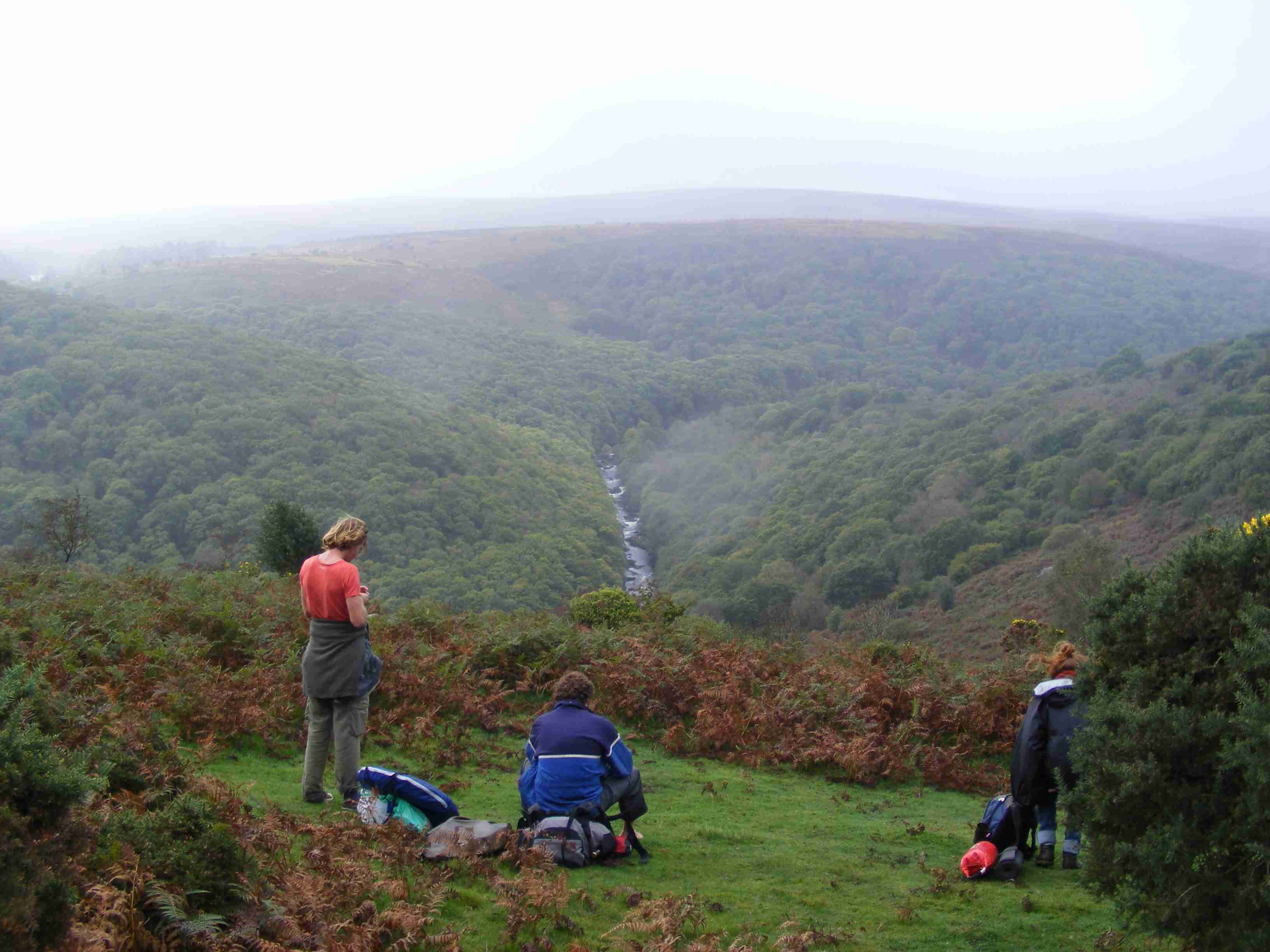
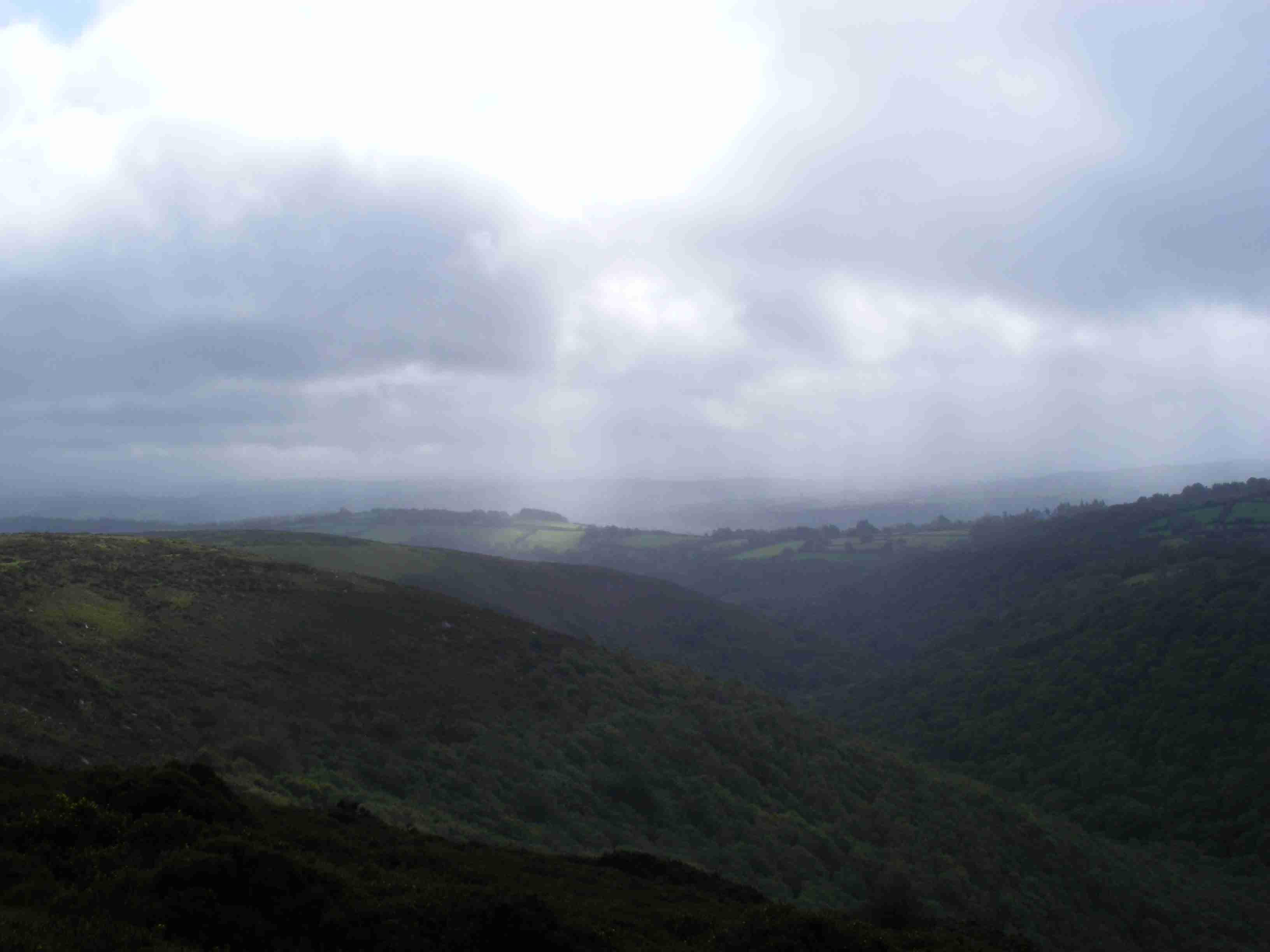
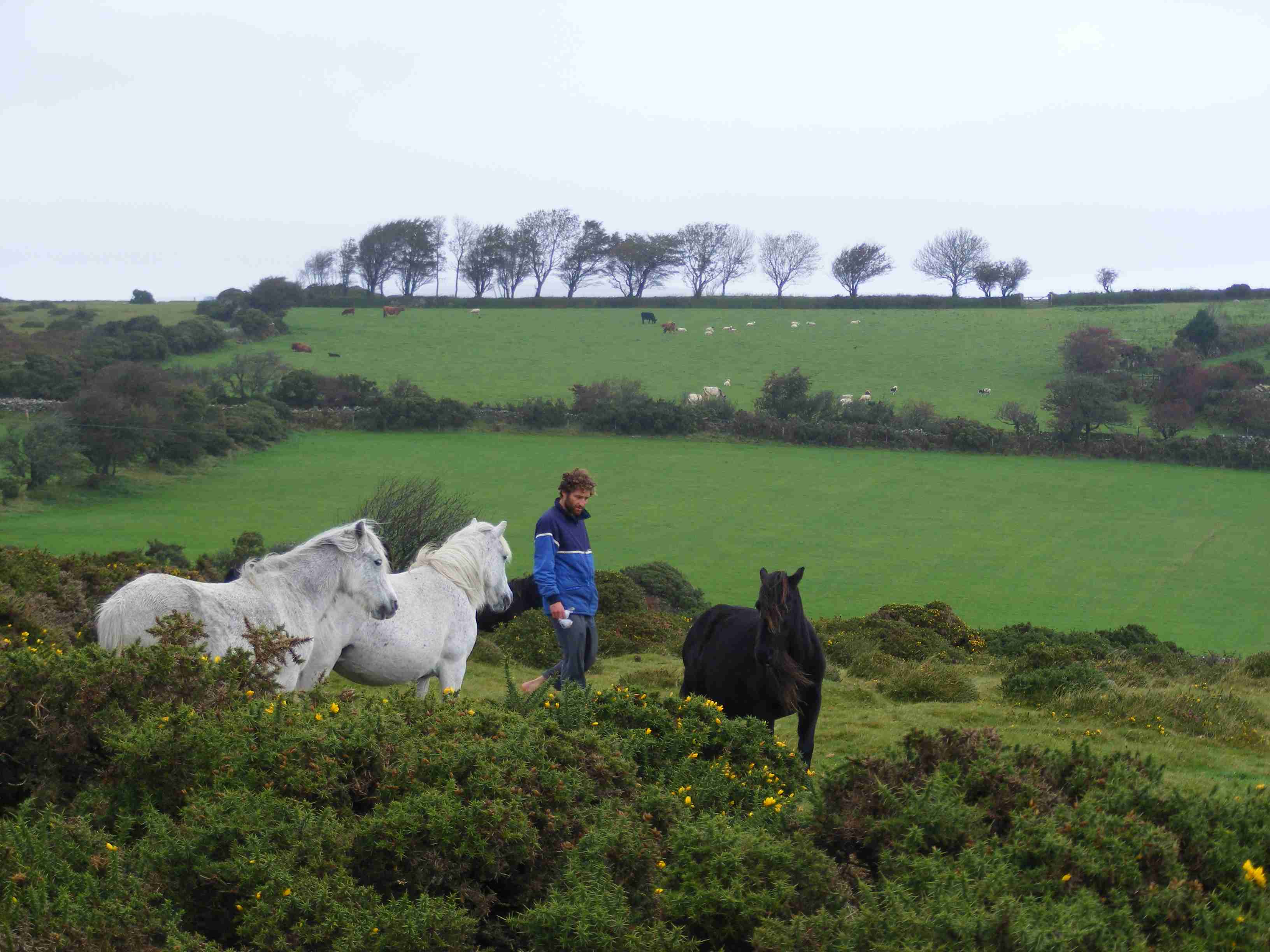
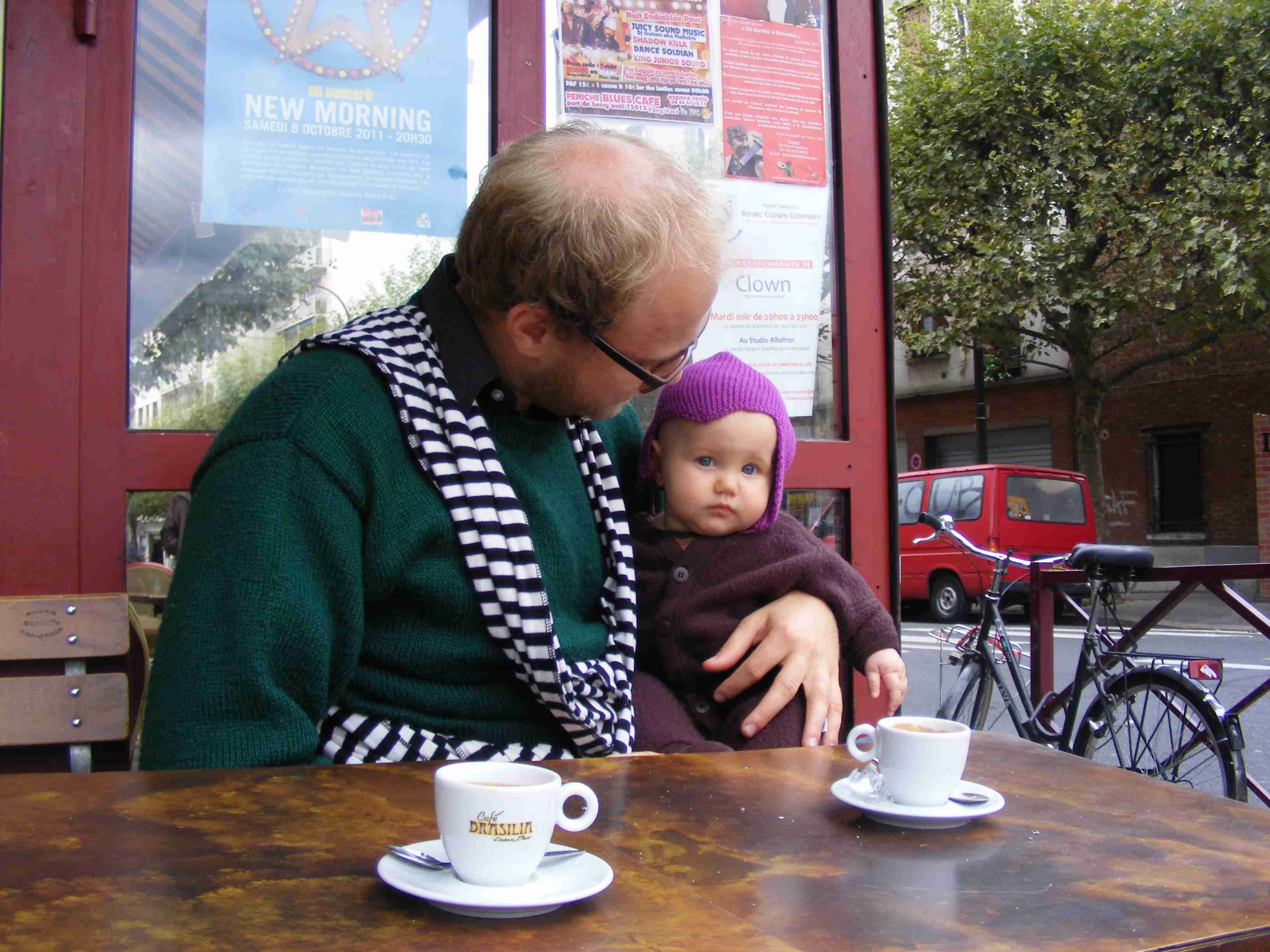



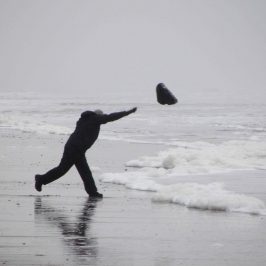
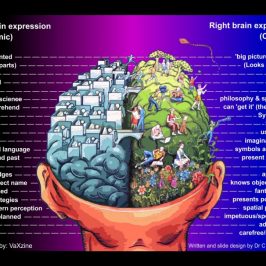
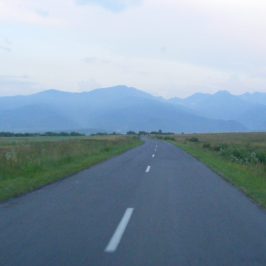
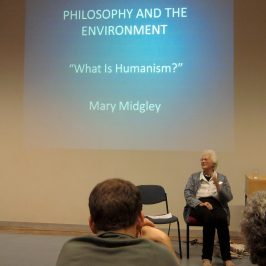
Leave a Reply